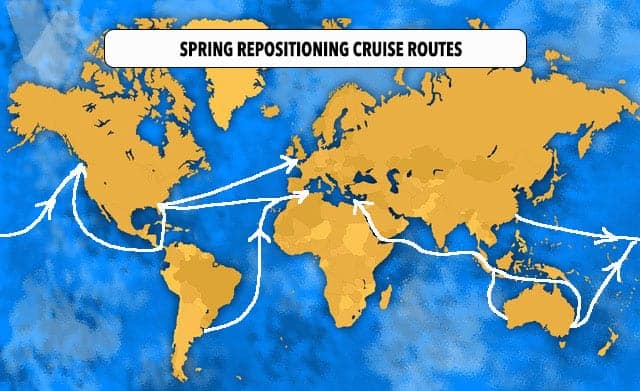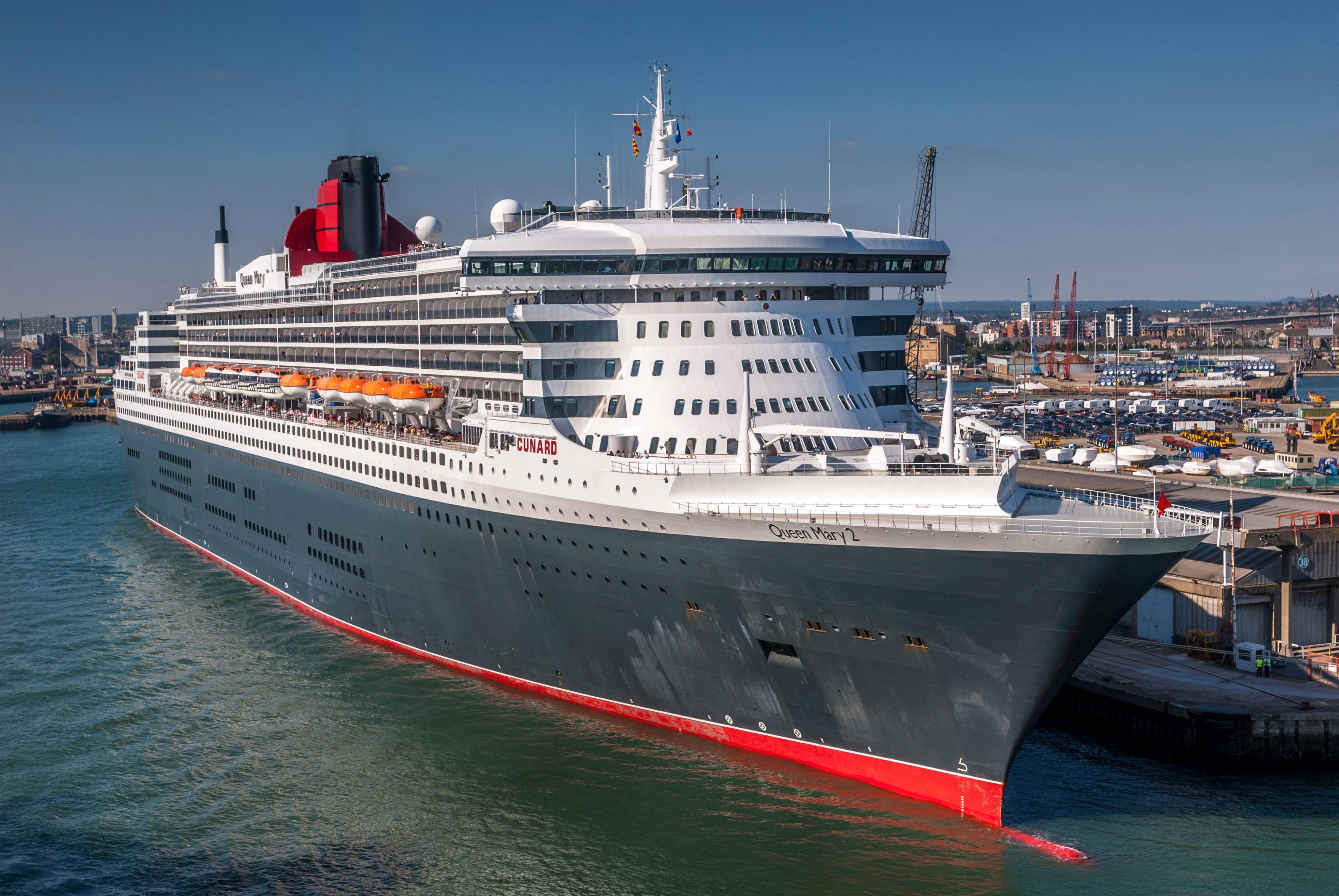
You can find a bargain Bahamas cruise if you travel during low season. The busiest months of the year are winter and summer, respectively. Labor Day and Summer are the quietest seasons. A five-day Bahamas cruise can be yours for $169 per person if you are able to get away during these periods.
Summer is the low season in the Bahamas
Low season in the Bahamas falls between April and December. Prices for resorts fall by at least 60 percent. It is possible to find lower airfares and more crowded beaches. During this period, the Bahamas experience less crowding and partying. Hotels and restaurants are also less crowded.
There may also be great deals if you travel to the island during the summer months. As the temperatures are higher, you'll find that cruises are often cheaper during this season. Taking your cruise during this time will ensure that you'll find cheap accommodations, free dinners, and a less crowded beach. Summer marks the start of turtle nesting season which usually lasts until October. To ensure that nesting turtles are not invading your area during your cruise, you might want to get in touch with the cruise line before departing.

Winter is the most popular season
If you're planning to cruise the Bahamas, you should avoid the peak season and sail during shoulder season. This time, prices are lower and the atmosphere less crowded. A flight is also cheap. Many resorts offer reduced prices during this time. You can also avoid the crowds of party animals and college students.
January is an ideal time to visit The Bahamas. The ideal month to swim is January, with its low humidity levels and warm temperatures. It can reach temperatures as high as 80°F in January. However, it rarely drops below 60°F. January is also the beginning of dry season. This means there will be little rain. Also, January is the quietest time to book tickets.
Labor Day is the busiest time of the year for the Bahamas
The Bahamas is an excellent place to visit in the summer. But, there are some things you should know about booking a cruise. The best time to visit the Bahamas is from June to October. Labor Day is the slowest week in September. You'll have less competition for hotels, and the prices are generally lower. This is because the resorts are less crowded at this time of the year. You can also find discounts at resort boutiques and reservations are not required at top restaurants.
Spring is another great time to take a cruise to The Bahamas. March and April are ideal months to travel because the spring temperatures are only a few degrees cooler than winter. The weather is pleasant during this period, with gentle breezes. Spring breakers generally leave the islands between March & April. However, May and June bring hotter temperatures, with temperatures often reaching 90 degrees and the start of rainy season in the Bahamas.

Five-day Bahamas cruises are as cheap as $169 per individual
Five-day Bahamas cruises typically cost less than three day cruises because they usually visit three or more ports. The cost of the ports you visit isn't necessarily higher. A five-day cruise from the Bahamas to the Bahamas is possible for as low $169 per person.
These cruises are also very affordable, especially compared to longer cruises. For just $22 you can book a five day cruise on Royal Caribbean starting at $169 per person. However, it might be difficult to find deals for longer cruises.
FAQ
Are there any cheap accommodations available for travelers who are traveling abroad?
For travelers looking for cheap accommodation, there are several options: hostels; hotels; guest houses; and bed & Breakfasts.
Hostels are affordable and provide dorm-style rooms in which guests share bathrooms and living spaces.
Hotels are typically located in tourist areas.
Hostels are very similar to guesthouses but have more rooms and less people sharing them.
Budget-conscious travelers are increasingly turning to bed & breakfasts. The guests stay in their own homes and receive a full breakfast as part of the stay.
How much luggage do I need?
The length of the trip will affect how much luggage that you can take. For a flight, hand baggage is not necessary, typically less than 20 kg. If you're traveling by bus or train, you'll need more space.
When you arrive at the airport, you will be given a form to fill out with details of your flight. This will include information such as the weight of your bags and whether you require assistance when checking them in.
Before you leave for work, make sure to check it. You might find yourself stuck waiting in line for hours as everyone else inspects their luggage.
Because you never know what could happen, it is better to travel light. For instance, if your bag is lost or stolen, you won’t have any clothes.
Here are some things you should never forget about when traveling.
Traveling can be stressful. You'll often find yourself in situations where you have little time to make decisions. It's okay to be spontaneous.
You could be stuck there for hours, days and even weeks. If you've planned ahead, you'll have food, water, shelter, and a place to sleep. But if you haven't, you may have to improvise.
In these situations, you will probably need to rely upon what you know best. That means making quick decisions based on instinct and experience.
Sometimes you just can't make a choice. You might find yourself in an area without cell service, out of gas or robbed. These situations will require you to quickly adapt to the situation.
The key to success is to stay calm, remain focused and act decisively. Don't panic. Instead, focus on what you can control.
You can, for example, choose the direction you want to travel if you get lost in the woods. If you are hungry, you can eat mushrooms or berries. You can also drink rainwater and melt snow if you feel thirsty.
You can also rest if you are tired. It's okay to bundle up if it is cold. If you get wet, you can put on clothes. Whatever you decide, you'll feel better if you stay positive.
What documents should you keep with me when I travel?
To make it easy to find important documents on the road, keep copies at home. Also, keep copies of your passport, driver’s licence, and other identification cards, along with any credit card information, in case you need them, to make it easy to access when you travel.
It is a good idea if you have a photocopy your passport so that it can be used in the event of a need.
Make sure to keep a copy of your itinerary and any reservations. These will help to keep track of where you are going and what sights you're planning to see.
You should also keep a copy your hotel reservation and flight ticket details. You'll be able contact someone back home in case you need them.
It's a good idea to never leave valuables unattended. It's a good idea to keep valuables safe and secure by storing them inside your luggage or on a money belt.
Avoid losing valuable items by making sure your luggage is checked before you depart.
Remember, it's safer to keep things simple rather than trying to plan everything.
Let's just be relaxed and enjoy the journey!
Which countries produce the best food?
Food varies from country to country. It is difficult to know which countries are best at cooking.
We can however tell you which countries offer the best food!
TripAdvisor users ranked these three countries as the top three:
-
Italy - Italy is voted number one by TripAdvisor users due to its delicious food.
-
France – France was ranked 2nd because of its rich cultural and culinary heritage.
-
Spain - Spain came 3rd due to its beautiful beaches, great weather, and wonderful people.
How can I travel light and how do I get there?
There are no right or wrong answers when packing for a vacation. Here are some tips that will help you make the right choice when packing for your next trip.
-
Only bring what you need.
-
You should only pack what you actually wear.
-
Don't buy too many.
-
Check your suitcase for space.
-
Always double-check to make sure that everything is in your bag.
-
Get free storage
-
Use reusable water containers instead of buying bottled water.
-
A backpack is better than a luggage.
-
If possible, take public transport and walk or cycle instead.
-
Choose the right size bag.
-
Avoid carrying bulky items.
-
Be ready for anything.
-
Don't leave anything behind
Statistics
- Case in point: the private island of Ilha Caldeira, less than seven miles off the coast as part of the Primeiras and Segundas Archipelago, is located within the marine-protected area with 20 percent of the country's intact living coral. (travelandleisure.com)
- You can use compression sacs or cubes to reduce the volume of your clothes by up to 80%—this is especially convenient for bulky items such as sweaters and jackets. (eaglecreek.com)
- No Checked Bags: No Alcoholic beverages with more than 70% alcohol (over 140 proof), including grain alcohol and 151 proof rum. (tsa.gov)
- Alcoholic beverages with 24% alcohol or less are not subject to limitations in checked bags. (tsa.gov)
- Between the ages of 11 and 13, kids, or tweens, will likely want some autonomy but also need boundaries. (travelandleisure.com)
External Links
How To
How to plan your next getaway
Booking flights, hotels, car rental, and activities are just a few of the many aspects involved in planning a trip. You must also consider your budget, destination, weather forecast, and other important factors.
You should always remember these points while planning your next vacation.
We have created a step to guide that will help you plan your next trip. This guide has been prepared based on our experience and customer feedback. We hope that you will find the following guide useful in planning your next vacation.
Steps:
-
Plan your Budget - Planning your budget is one of the most important steps in preparing for a trip. Before you start to think about where to go or what to do, it is important to determine how much money you have available for your trip. If you don't have the money, your plans may be cancelled.
-
Book Your Tickets - Once you've decided on your budget and set your priorities, booking your flight tickets is the first thing that you should do. Make sure you choose the best flight deal available at the lowest price. Also, check if airlines offer any special deals during certain seasons. These deals could help you save a lot of cash.
-
You can choose your destination - Once you have purchased your ticket, you need to decide where you would like to go. Multiple factors will play a role in choosing the destination you choose, such as location (wherever you are), climate (what season), culture (how friendly and affordable it is), cost (how affordable it can be) and cost.
-
Find Accommodations. You have many accommodation options, from hostels and luxury suites to choose from. Your needs and preferences will determine the type of accommodation that you choose. If you are looking for somewhere close to the center of the city, a hotel might not be the best option. You may prefer quieter areas away from the crowds and a homestay could be better suited for your needs.
-
Select Activities & Attractions - After selecting your accommodation, now is the time to select the activities and attractions you wish to include in your itinerary. Depending on your length of stay, you may choose to add or remove activities.
-
Determine Schedule - Now that you've selected the activities and attractions you'd like to include, it's time to determine your itinerary. You should follow a set schedule to get the most out of your trip. However, if you're free to move around at your convenience, you can enjoy your trip even more.
-
Create an Itinerary - An itinerary is a list of all information related to your trip. These information can include flights, accommodations, activities and restaurants. You will need to record them all and make a list.
-
Research Online - Before leaving for your trip, research online so you won't miss anything. Read reviews and testimonials to find out what other travelers think about different destinations. This will help you plan.
-
Be Light - Don't pack too much. This is the biggest mistake people make when packing. Instead of bringing five sets of clothes, bring three. Consider bringing clothing that's appropriate for the region.
-
Be prepared. Before you leave for your trip, make sure that everything is in order. Do not waste your time looking for important documents when you are in transit.